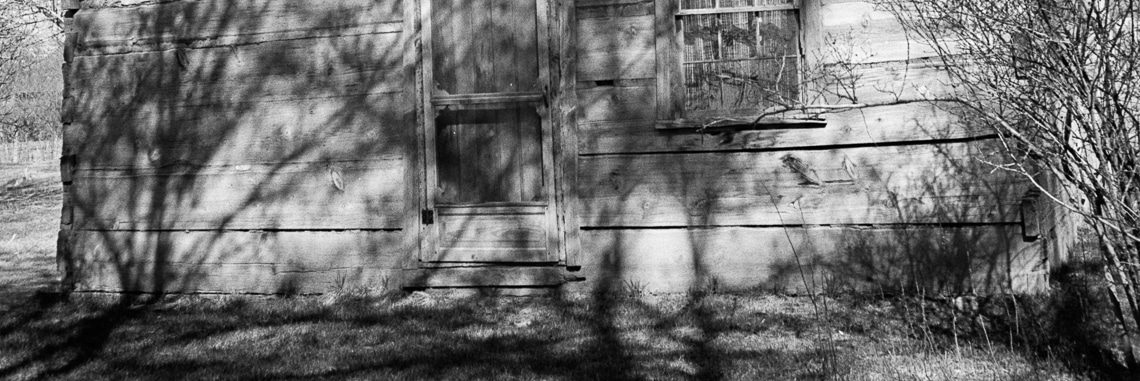
Scapegoating and the Cross
Week Thirteen Summary and Practice
Sunday, March 28—Friday, April 2, 2021
Sunday
As long as we deal with the real meaning of evil and sin by some means other than forgiveness, we will keep projecting, fearing, and attacking it over there, instead of “gazing” on it within ourselves and “weeping” over it.
Monday
With a mistaken view of God, we believe our violence is necessary, but there is no such thing as redemptive violence. Jesus replaced the myth of redemptive violence with the truth of redemptive suffering.
Tuesday
Each of us must turn inward and destroy in himself all that he thinks he ought to destroy in others. And remember that every atom of hate we add to this world makes it still more inhospitable. —Etty Hillesum
Wednesday
Do I wield my power to force control, to shape the narrative and determine what will be and how it will be? Do I allow myself to be honest about humanity’s failings and the abuse of power, seeing the ways in which I too could become like that which I oppose? —Felicia Murrell
Thursday
Our only truly essential human task here, Jesus teaches, is to grow beyond the survival instincts of the animal brain and egoic operating system into the kenotic joy and generosity of full human personhood. —Cynthia Bourgeault
Friday
Jesus dies “for” us not in the sense of “a substitute for us” but much more “in solidarity with” the suffering of all humanity since the beginning of time. The first is merely a heavenly transaction of sorts; the second is a transformation of our very soul and the trajectory of history.
Seeing No Stranger
Valarie Kaur is a Sikh activist and civil rights lawyer who writes about the “revolutionary love” of “seeing no stranger.” Though René Girard believed the Gospel could transform our impulse to scapegoat, people of the Sikh faith have been more faithful to practices of nonviolence and compassion than many Christians. Valarie writes:
See no stranger has become a practice that defines my relationships. . . . Seeing no stranger begins in wonder. It is to look upon the face of anyone and choose to say: You are a part of me I do not yet know. Wonder is the wellspring for love. Who we wonder about determines whose stories we hear and whose joy and pain we share. Those we grieve with, those we sit with and weep with, are ultimately those we organize with and advocate for. When a critical mass of people come together to wonder about one another, grieve with one another, and fight with and for one another, we begin to build the solidarity needed for collective liberation and transformation—a solidarity rooted in love. . . .
Out in the world, I notice the unconscious biases that arise in me when I look at faces on the street or in the news. To practice seeing each of them as a sister or brother or family member, I say in my mind: You are a part of me I do not yet know. Through conscious repetition, I am practicing orienting to the world with wonder and preparing myself for the possibility of connection. (Sometimes I do this with animals and the earth, too!) It opens me up to pay attention to their story. When their story is painful, I make excuses to turn back—“It’s too overwhelming” or “It’s not my place”—but I hold the compass and remember that all I need to do is be present to their pain and find a way to grieve with them. If I can sit with their pain, I begin to ask:
What do they need? Listening to more stories, learning about a community’s history, or showing up to vigils or marches or memorials gives me information for how to fight for them. I seek out organizations that are already fighting for them and offer my voice or time or money or labor to assist them. When I worry that I’m not enough, I ask myself: What is my sword and shield? How will I fight? What will I risk? When I get overwhelmed, I ask: What is my role in this moment? I remember that I only have to shine my light in my corner of sky.
Richard here: Holy Saturday, the liminal time between Good Friday and Easter Sunday, is a day of waiting, of not knowing, of grieving all we have lost, all we have done, and all we have left undone. May Valarie Kaur’s questions inspire our own as we wait in expectant hope for the new life to come.
Experience a version of this practice through video and sound.
Reference:
Valarie Kaur, See No Stranger: A Memoir and Manifesto of Revolutionary Love (One World: 2020), 310, 311–312. Emphasis in original.

